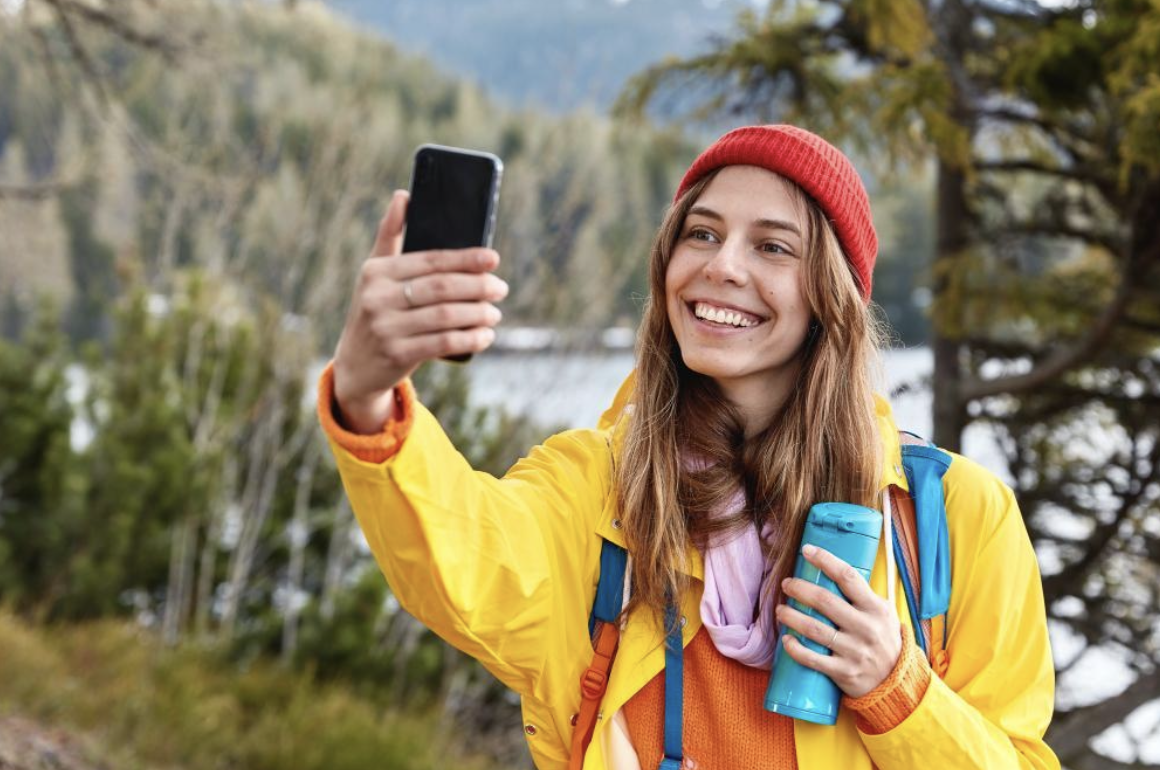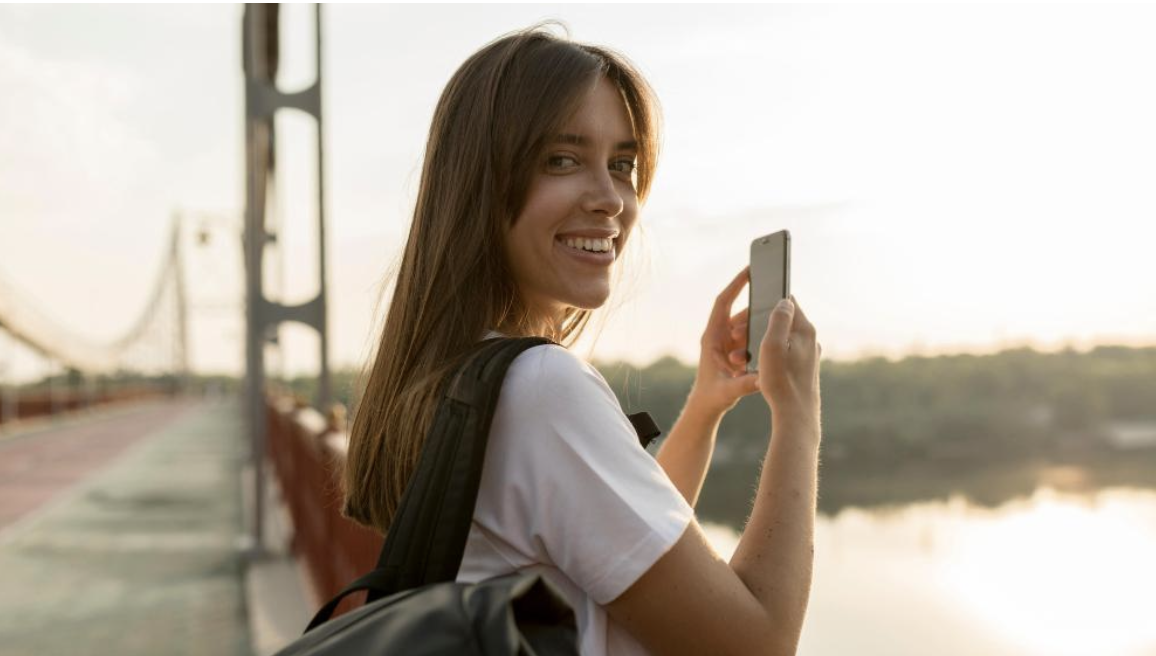Social media helps you stay connected back home while enjoying the experiences of your trip. It’s easier to shoot photos and videos and tag family or friends to see your most cherished attractions. Location tagging risks travel because it reveals your finer details to hackers. Your followers back home may notice you are away and target your physical home.
It exposes your travel security and online privacy. Be careful about the information you share because scammers and cybercriminals value that. Reduce your social media travel risks by avoiding live sharing. Turn off your location services and choose who should see your posts. Here are smart tips on things to share as you enjoy your memorable travel.

Why are travel security and online privacy important during travel?
You should prioritize your travel security and online privacy, as they protect both your data and physical safety. Location tagging risks travel because scammers and hackers get to know your exact location. Keeping your information secret protects you from identity theft and being spied on by cybercriminals. It hides your travel plans and protects your physical home from thieves. You may not be familiar with most places where you travel. Criminals might track and kidnap you to demand ransom from your family.
Your most trusted social media and transaction apps can be vulnerable during travel. Your Snapchat, Facebook or Instagram app could be hacked. This exposes you to identity theft and other social media travel risks. Adjust the settings of your apps and know the hacking symptoms to watch out for to protect yourself from unexpected online threats. You may notice strange devices connecting to your apps. You might receive suspicious messages and someone might lock your accounts. These signs remind you to log out of your accounts and change your password.
Why you should control the things you share
- Revealing your personal data – You might be excited to share your tickets and itinerary. Hackers can use your booking codes and flight tickets to steal your identity.
- Risk of being kidnapped – People love to share their hotel location and travel plans. This could expose you to kidnapping for ransom.
- Risk of scams – Visitors are easy targets for scammers. Criminals know travelers have money and might want to shop online. Sharing lets them know you have visited the region and are determined to target you.
- Privacy exposure – Oversharing exposes your privacy. You might be over-targeted by marketers with good intentions. Criminals may decide to track your movements.
- Exposing your home to theft – Location tagging risks travel and your physical home. Bad people might know you are away and target your home for theft.

Social media and travel hacks for online and physical safety
Your safety should be your priority when traveling abroad or interstate. You can share your memories and show off a bit of your experiences. However, know who to share with and when to upload posts. Reduce social media travel risks by being smart about ways to share.
Choose your audience
Social media platforms are designed with smart features that allow you to choose who should view your posts. Open your app settings and select your customized audiences. You may select your closest relatives such as your family members or parents. Request them not to share until you return from your trip.
Avoid live posting
Social media and travel offer many benefits to your experiences and discoveries. The excitement may push you to live sharing without minding the risks. Improve your online and physical security by avoiding live sharing. You can be safer if you save your videos and photos to share later.
Keep your tickets and documents private
Your papers, such as boarding passes and tickets, contain your personal information. Your passport, visa or ID should never be shared with anyone. These documents could expose you to identity theft. Hackers are always actively looking for such information to help them hack into your accounts.
Keep location services turned off
Online tracking and spying do not happen only in live or location sharing. Cybercriminals can track you by identifying your location through your device or social media. Turn off location services like geotag that show people exactly where you are.
Think first and then share
Any information you allow the public to see has good or bad outcomes for your security. Ask yourself questions before sharing a video, photo or ticket. Weigh the good and bad sides of sharing videos and photos and post when the good outweighs the bad.
Additional tips
Your online and physical security are important during travel because you have many enemies around you and far. Sharing your travel experiences may inspire your audiences. However, it could be a source of your online and physical insecurities.
Install antivirus software on your devices and update the applications. Connect through a VPN and do not store your online history. Know hacking or virus attack signs and the steps you should take to improve your security.
Conclusion
Traveling lets you create new stories and experiences to share with social media audiences. Too much sharing exposes you to travel risks that compromise your online and physical safety. Understand the risks and limitations to restrict yourself to. Switch off location, avoid live sharing and keep your documents private.







